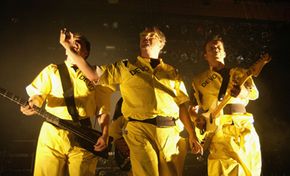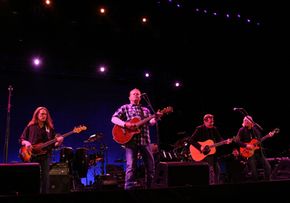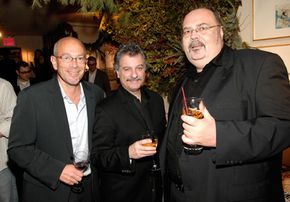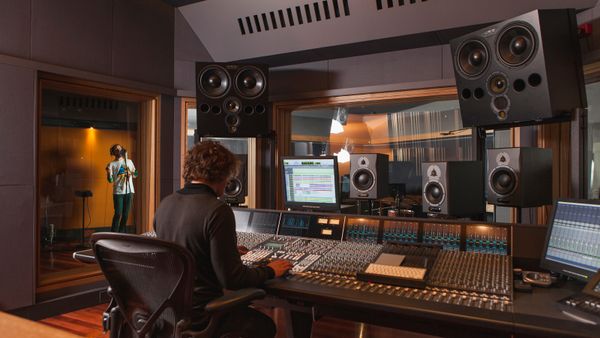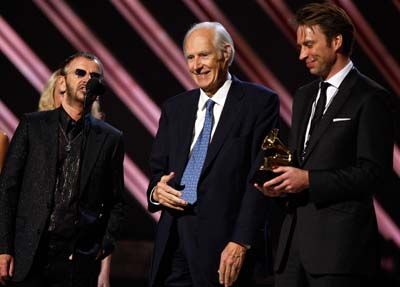One way to think of a music distributor is as a wholesaler. That's because the distributor buys CDs from a record label or the band itself, either directly with a purchase order or on consignment, and then sells them to retailers, who offer the CDs to consumers.
The price goes up at each step of the process. The label, for instance, sells the CDs for 50 percent of the retail price. The distributor adds a fee to the price, perhaps $2 per CD, and sells to the retailer, who then sells the CD to a customer for full retail price or at a sale rate. The record label usually pays the charges for shipping CDs to the distributor, who often does not pay the label for the CDs until they have been sold [source: Musicpowers.com].
The distributor needs information from the record label, including:
- The label's trademarked name
- A catalog number (three letters followed by numbers) for each release
- A Universal Product Code, or bar code, on the CD label so that its sale can be tracked by the Soundscan software used to monitors music sales
The record label or independent music group also puts together a so-called "one sheet" that the distributor and retailer use to sell the CD. Here's what the one sheet usually includes:
- The label's logo and contact information
- The CD title
- The artist's name and band logo
- The catalog number and bar code
- The list price
- The format
- The date released to radio
- The street date, if different than the radio release date
- A short description of the artist's background
- Brief descriptive information about the music on the CD, including genre
- Selling points, such as discounts and marketing and promotional plans for the CD
[sources: Musicbizacademy.com, Hitsquad.com and Leeway's Home Grown Music Network]
If you're new on the scene and trying to attract a music distributor's attention, you'll need to provide more. Distributors prefer to work with bands that can show they've had radio play and success in selling their CDs at live shows or online through their own Web site or sites such as iTunes, cdbaby.com or MySpace.com. And they'll want to know that you have a promotional campaign. So in addition to sending the one sheet and a sample CD to the distributor, include data about your group's radio play, promotions and CD sales [source: Musicpowers.com].
As you look for a music distributor, you may want to:
- Start with niche distributors that specialize in your band's genre of music.
- Look for a distributor that offers the flexibility of online CD and digital distribution as well as CD distribution to stores.
- Check the distributor's financial status and contact its references.
And be prepared to sign a written contract for an exclusive agreement, allowing the distributor to represent your group exclusively.
Finally, recognize and be ready to go with the changes sweeping the music industry. Artists are turning to alternative distribution strategies. Consider Paul McCartney's release of an album on Starbucks' Hear Music record label and the Eagles' exclusive distribution deal with Wal-Mart.
And music is available almost anywhere, not just in stores and at online music sites, but also through streaming interactive subscription services such as Rhapsody, satellite radio subscription services like Sirius, video games, social network sites like MySpace and mobile phone carriers such as Verizon Wireless with its VCast music store.
For lots more information about music distributors and related topics, check out the links on the next page.
